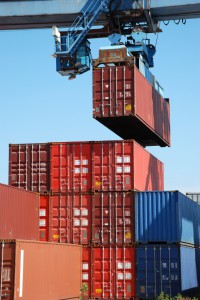 The Philippine Bureau of Customs (BOC) recently issued a memorandum circular updating the list of prohibited and regulated export products.
The Philippine Bureau of Customs (BOC) recently issued a memorandum circular updating the list of prohibited and regulated export products.
Under Customs Memorandum Circular 30-2012, BOC identified the prohibited and regulated export products, including those banned for exports and those covering exports for logs, copper and coffee. The list also includes those with import quotas in other countries such as garments and sugar.
The revised list was made in response to the growing clamor from exporters for an updated reference of such products to prevent confusion and delay in export.
In a related development, the Philippine Exporters Confederation, Inc (PHILEXPORT) requested the Bureau of Fisheries and Aquatic Resources (BFAR) to suspend implementation of Fisheries Administrative Order (FAO) 233-1 which imposes export fees on “all species caught in Philippine waters” as provided for in Republic Act 9147 or the Wildlife Resources and Conservation Act.
In its latest position paper, PHILEXPORT said the order should exempt exporters and manufacturers who use shells, either as inlays or main materials, discarded or left as waste by gatherers and food processors.
Instead of being slapped these fees, the shellcrafts sector should be entitled to fiscal incentives as provided for in Chapter IV of RA 9003 or the Ecological Solid Waste Management Act of 2000 for re-using, recycling and adding value to what should have been waste empty shells, said PHILEXPORT president Sergio R. Ortiz-Luis Jr.
He added that if the law aims to protect the environment, then regulation should be at the point of gathering or fishing.
After receiving PHILEXPORT’s position, BFAR director Asis Perez gave stakeholders time to consolidate their position for a possible amendment of FAO 233-1.
The final decision will be made based on the recommendation of the National Fisheries and Aquatic Resource Management Council, a private-public sector body that covers this sector under the Department of Agriculture, said Perez.
In the meantime, exporters will continue to be guided by export fees specified in FAO 233-1.





